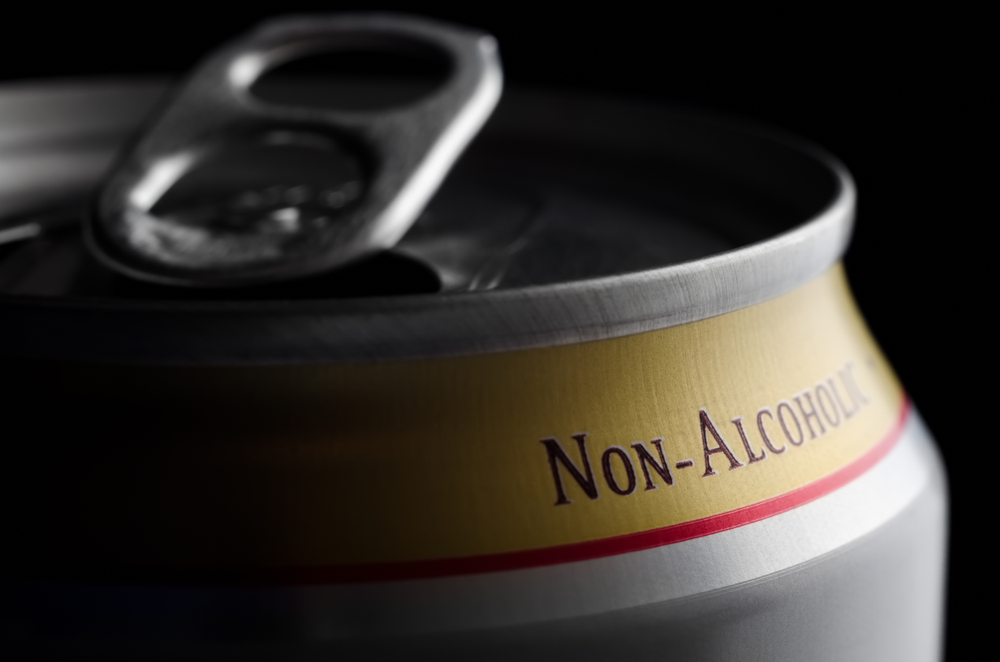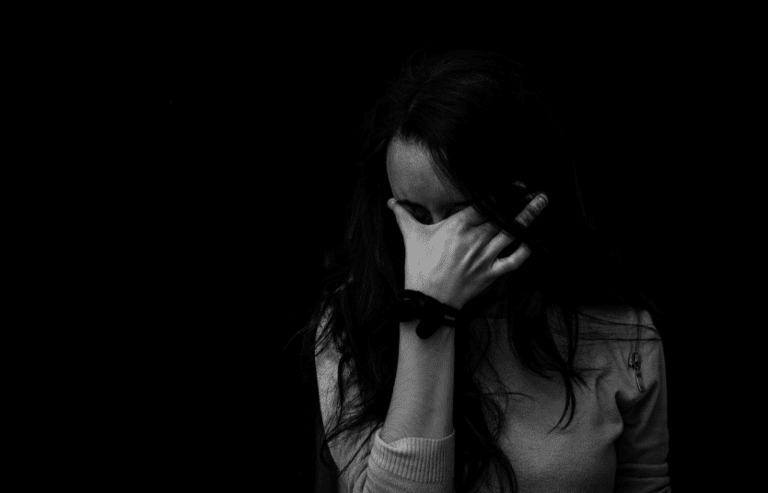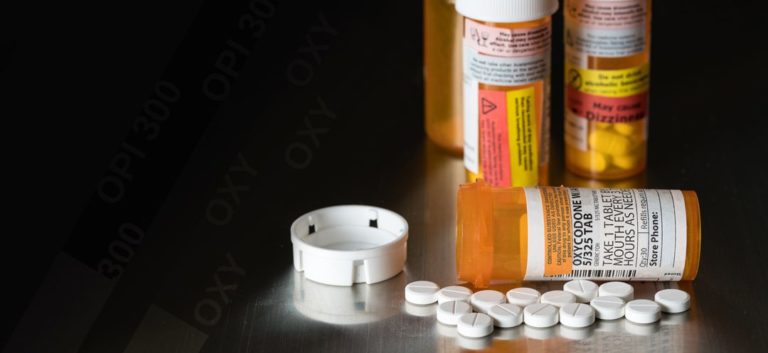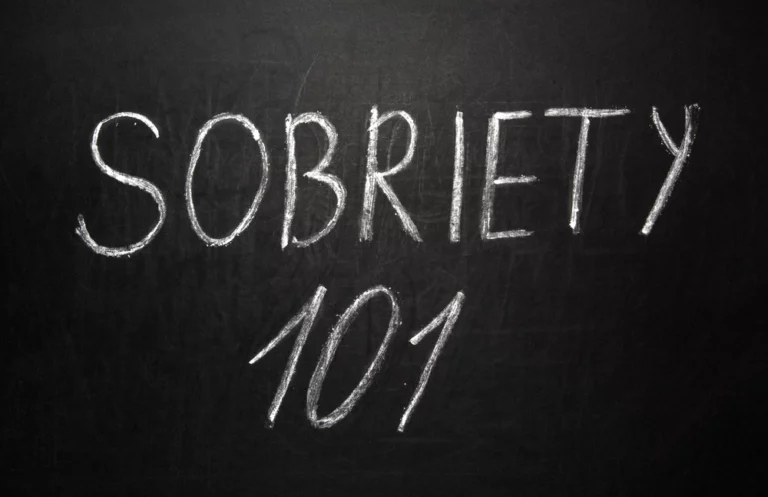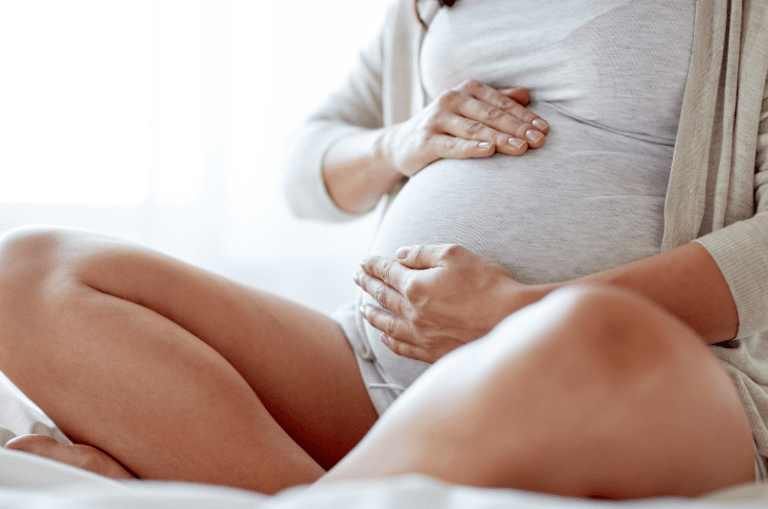Does Drinking Non Alcoholic Beer Break Sobriety?
As more individuals seek to maintain their sobriety while still participating in social activities where alcohol is prevalent, non alcoholic beer has emerged as a potential compromise.
On the one hand, it offers the familiar taste of beer without the intoxicating effects, providing a sense of normalcy for those in recovery.
However, beneath the surface, this seemingly harmless beverage raises complex questions about the nature of sobriety, the potential for relapse, and the role of triggers. This has prompted some individuals to ask, “Does drinking non alcoholic beer break sobriety?”
In this article, we will aim to answer this question by exploring what non alcoholic beer is, the dangers of drinking non alcoholic beer in recovery, alternatives to non-alcoholic beer, and how to manage alcohol cravings.
What is Non Alcoholic Beer?
Non alcoholic beer is a kind of beer with very little or no alcohol in it. It’s typically made by taking the alcohol out of regular beer.
During this process, most of the alcohol is removed, but tiny traces may still be left. To give you an idea, regular beer has about 14 grams of alcohol, whereas non alcoholic beer usually has about one gram.
After the alcohol is taken out, they have to add liquid back in, which is often water. Then, they carbonate the beer, and sometimes, they add sugars and other flavors to make it taste good. That’s why non alcoholic beer tends to have more carbohydrates than regular beer.
The amount of alcohol in these non alcoholic beers can vary, so reading the labels before drinking them is essential. Some say they have 0.0% alcohol by volume (ABV), but the U.S. Food and Drug Administration (FDA) allows them to have up to 0.5% ABV. This can lead individuals who believe they are drinking non alcoholic beer to be potentially drinking real beer, resulting in a relapse.
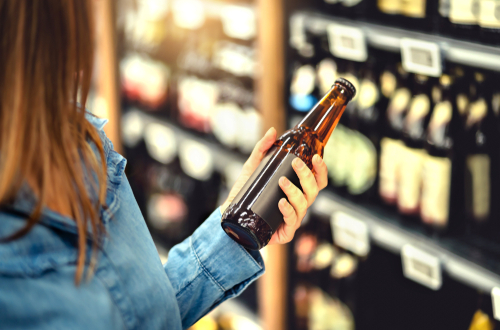
Does Drinking Non Alcoholic Beer Break Sobriety?
For individuals in recovery from alcohol addiction, they may wonder if drinking non alcoholic beer breaks their sobriety. Even though the labels and marketing of non alcoholic drinks often suggest they’re a healthy choice designed with wellness in mind, they may not be the best option for those on the path to recovery. Despite containing only trace amounts of alcohol and providing detailed nutritional information, non alcoholic beer isn’t necessarily a safer or healthier choice. It can still pose risks and cause a slippery slope, potentially leading individuals with alcohol use disorders toward relapse.
When recovering alcoholics consume non alcoholic beer, it can become a kind of crutch, reinforcing old addictive behaviors. During recovery, the goal is to establish new habits, build new social connections, explore new places, and engage in different activities. If you find yourself in familiar social situations with old drinking buddies ordering non alcoholic beer, you’re essentially placing yourself in a risky situation. This can invite cravings and temptations, potentially leading you back to drinking alcohol.
The Dangers of Drinking Non Alcoholic Beer in Recovery
While non alcoholic beer may seem like a harmless option at first, it’s crucial to be aware of the potential risks associated with its alcohol content and its potential to trigger cravings in certain individuals. For those on the path to recovery, it’s advisable to exercise caution and seek alternatives that are less likely to pose such risks to their sobriety. Some of the dangers of drinking non-alcoholic beer in recovery include:
- Alcohol Content May Be Higher Than Expected: Despite requirements by the FDA, research indicates that many non alcoholic beers contain more alcohol than what’s stated on their labels. In 2010, it was discovered that 29% of no or low-alcohol beers tested had alcohol levels higher than indicated. Some alcohol-free beers even had alcohol levels exceeding one percent. While this amount may have changed in recent years, no recent research has been found.
- Potential for Triggering Relapse: Non alcoholic beer closely resembles the smell of regular beer. This similarity in smell can significantly trigger individuals with alcohol use disorder. A study conducted in 2016 on rats has shown that exposure to alcohol-related triggers, such as the scent of beer, can increase dopamine levels in the brain, which are associated with feelings of pleasure and joy. Although this evidence comes from animal studies, it suggests a potential risk for humans in recovery who may be triggered by the smell of non alcoholic beer.
- Liver Impairment: Individuals with liver impairments face unique risks when consuming non alcoholic beer. Individuals with liver issues may experience significantly elevated blood alcohol levels after drinking non alcoholic beer. This can endanger their physical health and lead to positive alcohol tests in urine or breath, which may have legal or professional consequences.
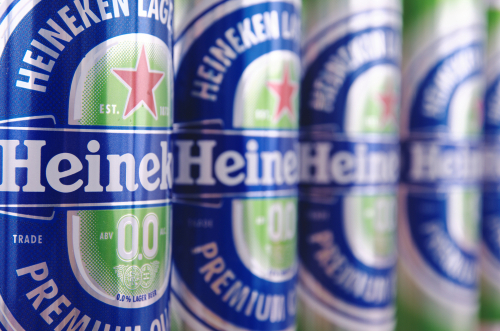
What are Alternatives to Non Alcoholic Beers?
When seeking alternatives to both traditional alcoholic and non alcoholic beers, a variety of appealing options are worth exploring. These alternatives offer refreshing and flavorful choices and opportunities to partake in social settings without compromising your commitment to sobriety. Some of the most common alternatives to alcoholic and non alcoholic beverages include:
- Mocktails
- Kombucha
- Carbonated Juices
- Soda
How to Manage Alcohol Cravings
Overcoming alcohol addiction and maintaining sobriety is a commendable journey, but it comes with its share of challenges, including alcohol cravings. These cravings can be intense and persistent, making it crucial to have effective strategies to manage them. While some individuals may use non alcoholic beer to manage cravings, there are safer and more effective ways to do so. Some of the ways an individual can manage alcohol cravings include the following:
- Recognize triggers
- Stress-reduction techniques
- Healthy diet and nutrition
- Plan for high-risk social situations
- Join support groups
- Seek professional help
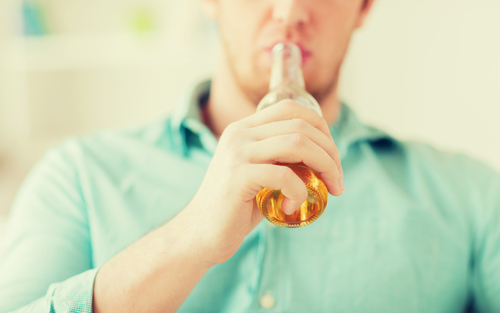
Alcohol Addiction Treatment at Oasis Recovery Center
If an individual has begun to ask the question, “Does drinking non alcoholic beer break sobriety?” They may need to reassess their recovery journey at that point. While many individuals may be able to drink non alcoholic beer, it can lead to others drinking beer. This is a more significant problem for those in early recovery. However, with addiction treatment, individuals can overcome these cravings and achieve long-term sobriety.
At Oasis Recovery Center, we provide holistic, dynamic, and individualized addiction treatment services to address mental health conditions and substance use disorders. Our many treatment programs allow our clients to create an individualized treatment plan to meet their every need. At Oasis Recovery, our team of specialists is here to help you overcome substance abuse.
If you or a loved one are struggling with alcohol abuse or drug addiction, contact us or call our addiction specialists today to learn more about our treatment programs.



